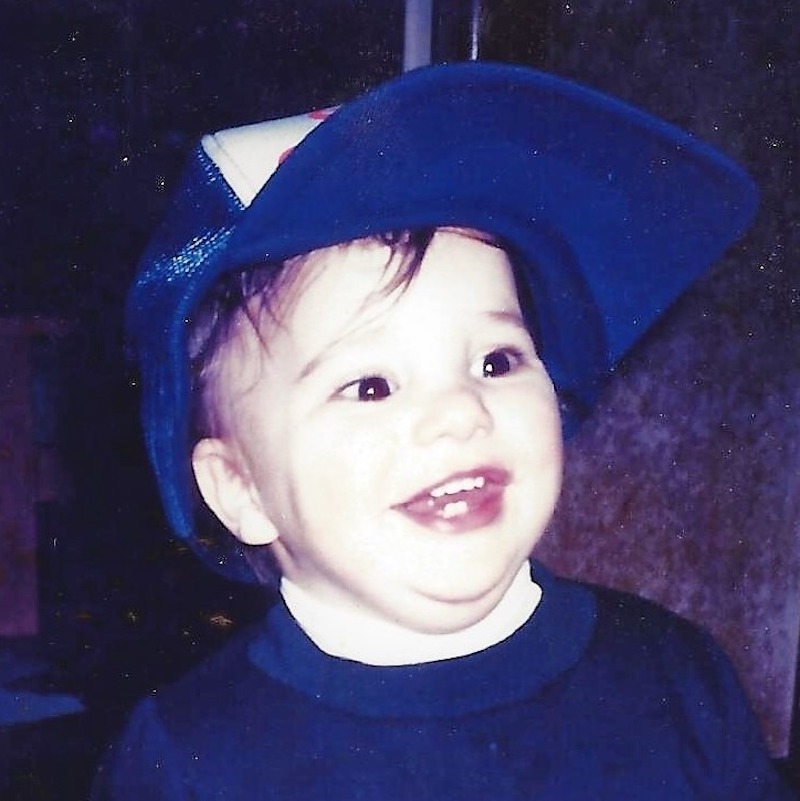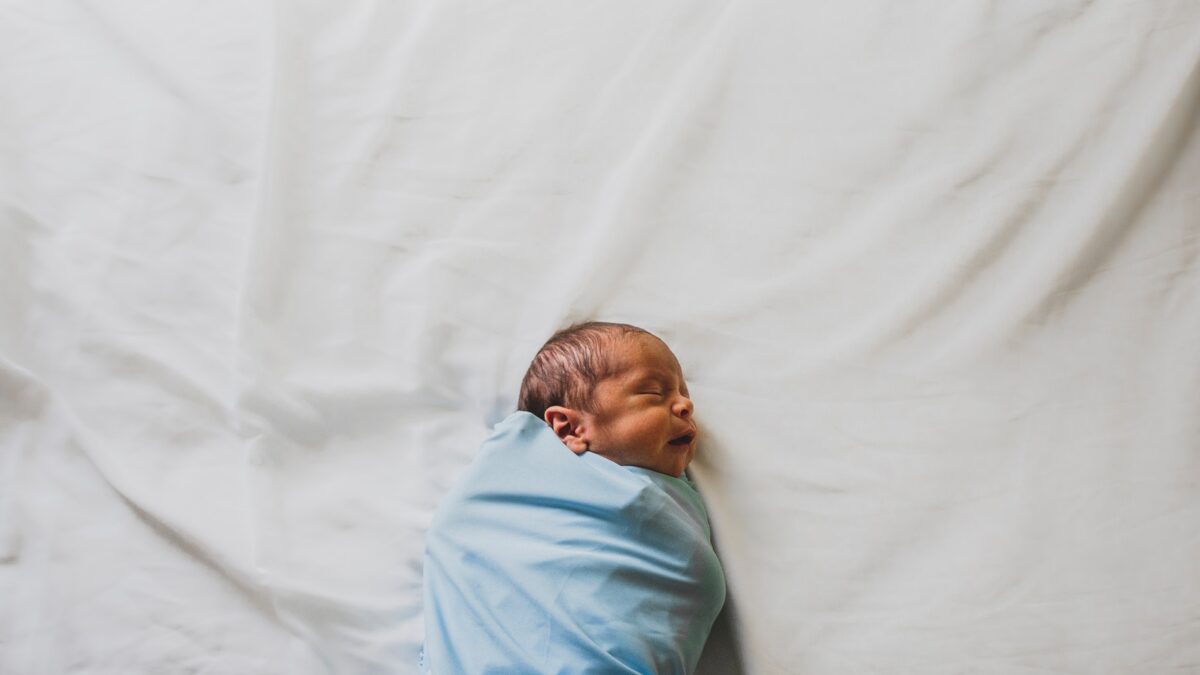[Warning: This story talks about infant loss.]
A breakthrough discovery means we know why SIDS happens and may be able to prevent it from claiming babies’ lives in the near future.
Every day in Australia, nine babies die from Sudden Infant Death Syndrome (SIDS), the sudden, unexplained death of a baby with no known cause. Parents can help reduce the risk by ensuring safe sleeping habits, but even that is no guarantee. This means every day, there are parents who wake up grieving the unexpected loss of their precious one.
Until now.
Researchers from The Children’s Hospital Westmead in Sydney have finally discovered the cause of SIDS: Babies who died from it had significantly lower levels of the enzyme butyrylcholinesterase (BChE).
BChE plays a major role in the brain’s arousal pathway, which can explain why SIDS victims were unable to wake themselves up.
“Usually, if a baby is confronted with a life-threatening situation, such as difficulty breathing during sleep because they’re on their tummies, they will arouse and cry out,” explains lead researcher and Honorary Research Fellow Dr Carmel Harrington. “What this research shows is that some babies don’t have this same robust arousal response.”
In the video below, GP Dr Simone Kooke discusses what we currently know about SIDS risks and prevention.
Dr Carmel’s study is published in The Lancet’s eBioMedicine journal and is the result of 29 years of dedicated research. Her findings have opened up the possibility of the development of a screening test in a few years’ time. Not only that, on a personal level, it has provided her with some answers for the past.
In 1991, her then two-year-old son Damien died from SIDS. Since then, she has dedicated her career to researching the syndrome. In August 2018, after running out of funds, she set up a crowd-funding campaign, Damien’s Legacy, to continue her search for answers.

“In my 25 years researching SIDS I have not asked for public money,” she wrote on the crowd-funding page. “I have happily donated my time and found other ways of bringing in an income—like writing books and working in the world of adult sleep.
“In fact, apart from my close friends and colleagues, few have known about what I always considered to be my real work—that of finding an answer to why Damien, and so many other babies, are taken from us suddenly and without any warning in the middle of the night when, really, they are meant to be in the safest place possible.”
Researchers are now turning their focus to developing screening tests and interventions for BChE deficiency.
How helpful was this article?
Click on a star to rate it!
0 / 5. 0
Be the first to rate this post!
Melody Tan
Related posts
Subscribe
Receive personalised articles from experts and wellness inspiration weekly!


